|
In it's time, Théodore was considered a masterpiece because of how closely it respects the neoclassical unities. It feels divergent from Corneille's typical plays that interest themselves more with politics, such as La Mort de Pompée, Cinna, or Le Cid. For some reason it reminds me of L'Illustre comédien, if only for the similarities in the comparison between christians and the Romans, and the steadfast quality of their faith. Marcelle begins to take the form of the proper female villain, a prototype for Hermione in Andromaque, motivated solely by vengeance. Otherwise, I did not find this play particularly interesting or engaging.
0 Comments
This play uses the trop of the play within a play, a framing device popular enough on the English stage, but up to this point I haven't much encountered it's use on the French stage. This play follows the conversion of Saint Genest, an actor who was converted to Christianity when an angel appeared to him while performing in a play mocking christians. The question here is clear : what is the difference between who we are and what we perform? Is the simple act of perform something enough to make it manifest?
This is also one of the only plays that I have seen from this period that does not take for its subject classical Roman, Greek, or Judaic antiquity. In comparison, this play set around 300 CE seems downright contemporary, seeing as it is operating within the Christian context. Choosing the story of a saint rather than a pagan subject from Greece or Rome, this play hearkens back to the traditions of liturgical drama funded by the church for the edification of the masses of Christian theology, rather than the neoclassical exploration of pagan philosophies disguised as proto-christian ideals. Pierre du Ryer strikes me personally as the strangest author of this period. He took particular pains to point out in the address to the reader at the beginning of the play what the unity of action was in order to avoid accusations that he had violated this rule. Needless to say he violated the rule. This is another play that despite feigning to follow Aristotelian rules fails spectacularly. According to Aristotle, tragedies should concentrate on the fall from grace of a high class person due to their hamartia. But who falls here? Even du Ryer notes this in his explanation of the title of Esther. Instead of an Aristotelian tragedy, this would be easier classified as a melodrama, where an unscrupulous villain has an evil plot that is found out by the virtuous heroine. If Haman is to be the subject of the tragedy in an Aristotelian sense, then he must have some redeeming qualities that cause us as audience members to feel pity at his plight, but as with so many poor tragedies of this period, thinking of La Mort de Pompée, instead the death is not only justified but demanded by the audience. There is no terror and pity for such a fall.
I am hesitant to call this a tragedy, because while it does have certain tragic elements, death, hubris, monologues about lost spouses, etc. it lacks the moral instruction about how to live our lives as humans, and is more focused on the importance of political leaders acting cautiously. Dedicated to Cardinal Mazarin, it is clear that Corneille wrote this play for a very particular audience, advising prudence and reflection in political matters. The play interests the public for the same reason that modern audiences are interested in "The West Wing" or "House of Cards". That is to say that it focuses on the political implications of actions, and how psychology and emotions enters into the political chess game. Ptolemée understands his sister's power, her sexuality, and makes efforts to hide her from César. César is incensed my Ptolemée's actions not for their results but for their optics. Each character has base political motives and instincts and tries to manipulate others around them in order to achieve those ends. This leaves the audience without the moral of plays that discuss the importance to control passion or accept destiny, and instead leaves the spectator with a taste for blood and power in their mouth.
This play is based on the biblical story of Saul, the king of Judea before David. Saul is jealous of David and suspects him of plotting to take the throne, and this distrust and desire to hold on to power is his downfall, as his children are killed as a result of his power hungry actions and he commits suicide by falling on his own sword. I could not help but think of Phèdre as a comparison to this play, not necessarily because of the thematic overlap, but because the plight of Phèdre and Saul is so similar. In line 837, Saul says :
Je reconnais mon mal, et ce qui m'en délivre, Bref, Je sais mon devoir, mais je ne puis le suivre, Un pouvoir que le mien ne saurait ébranler M'entraîne avec horreur où j'ai honte d'aller. Is this not dissimilar from Phèdre's horror at her own desires and actions, yet her inability to avoid them? Like Phèdre, Saul is compelled to continue on this path which he knows is dangerous, but he must continue anyways because of predestination. Saul's downfall is his desire to know the outcome of his struggle, leading him to consult with a sorceress to raise the spirit of the prophet Samuel to tell him of the future. From a critical perspective this allies the play more closely with English plays such as Macbeth which were interested in the supernatural as opposed to strict neoclassicists who avoided this topic in an effort to uphold vraisemblance. But one could also argue that this takes place in the biblical story as well, so this is purely an act of adaptation on the part of the author. The question for the audience is whether Saul is punished due to his consorting with sorceresses or if his fate was predestined, in which case his effort to discover the future was completely futile. |
Jennifer KellettM.A. French Literature Florida State University Archives
June 2021
Categories |
Photos used under Creative Commons from mharrsch, Renaud Camus
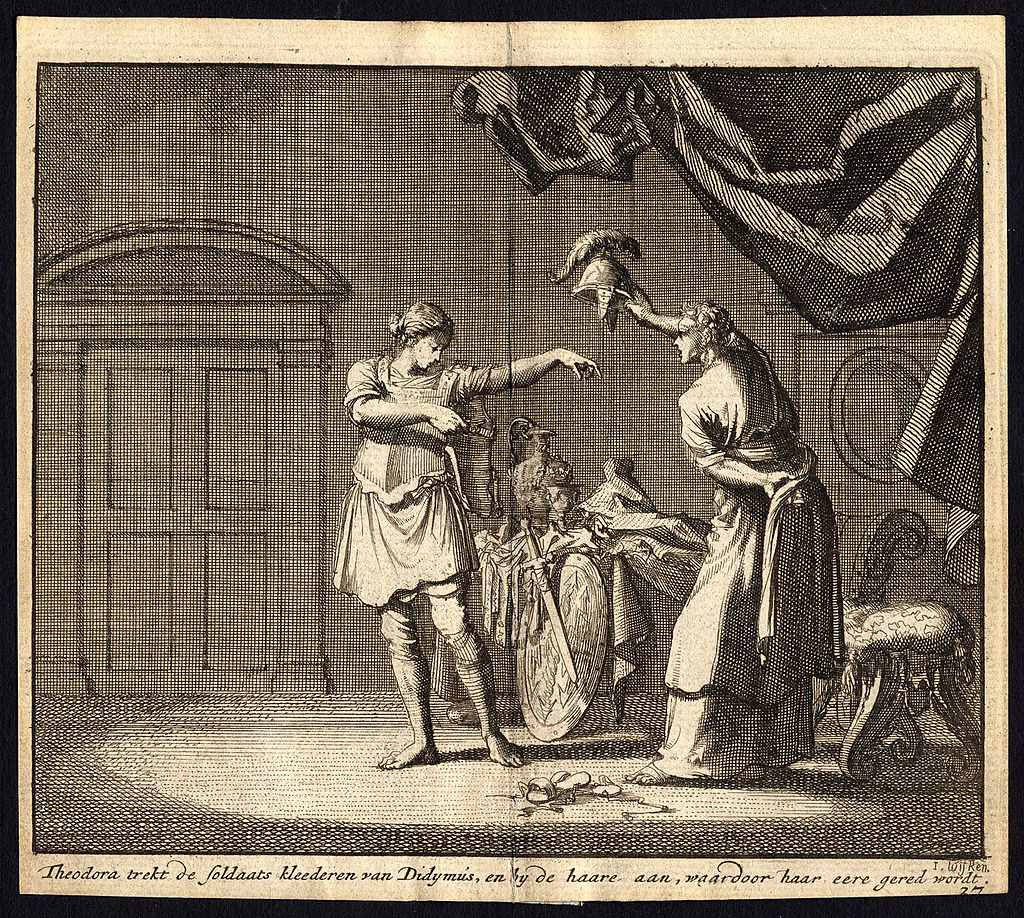
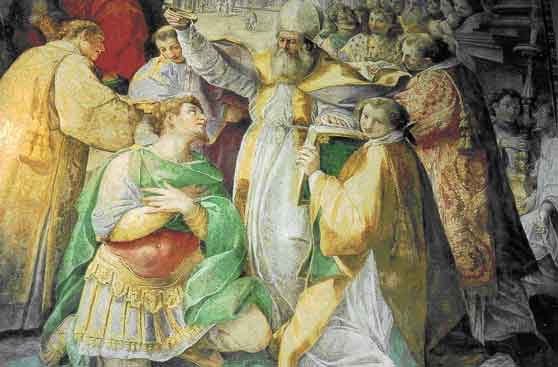
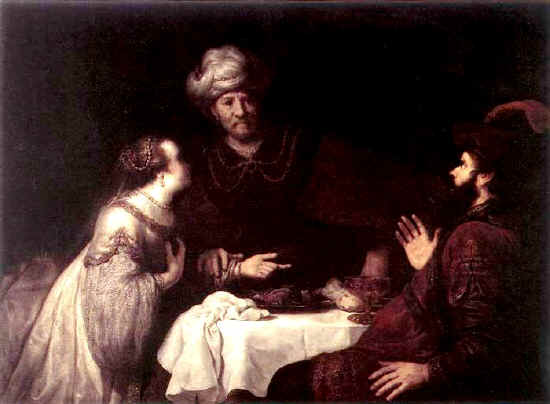
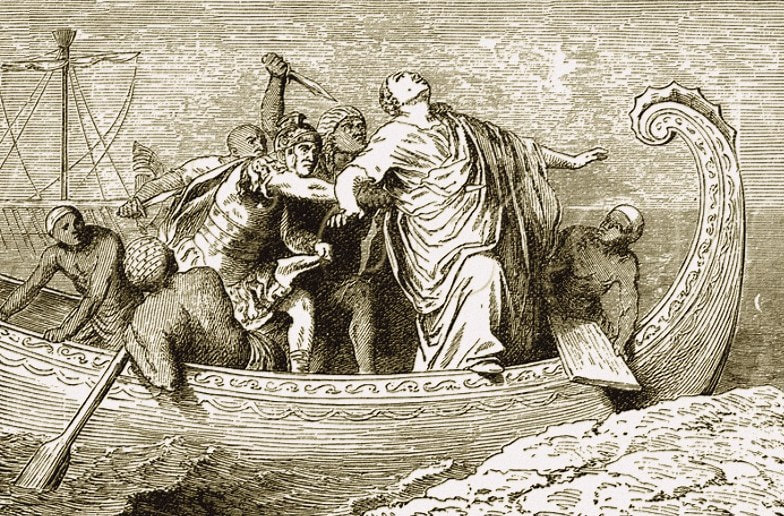
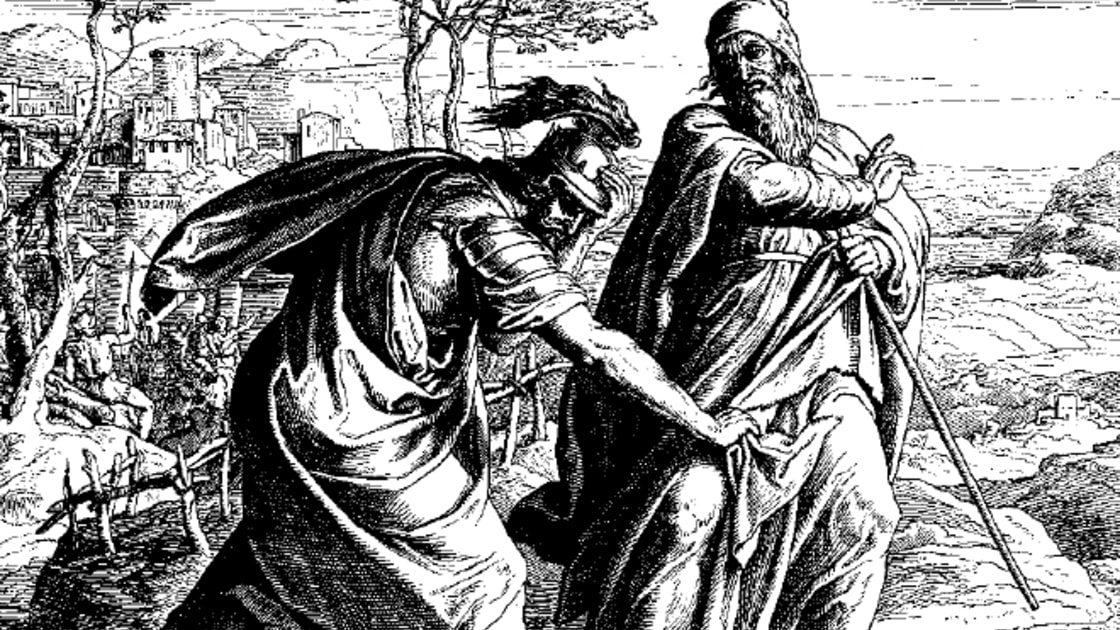
 RSS Feed
RSS Feed
